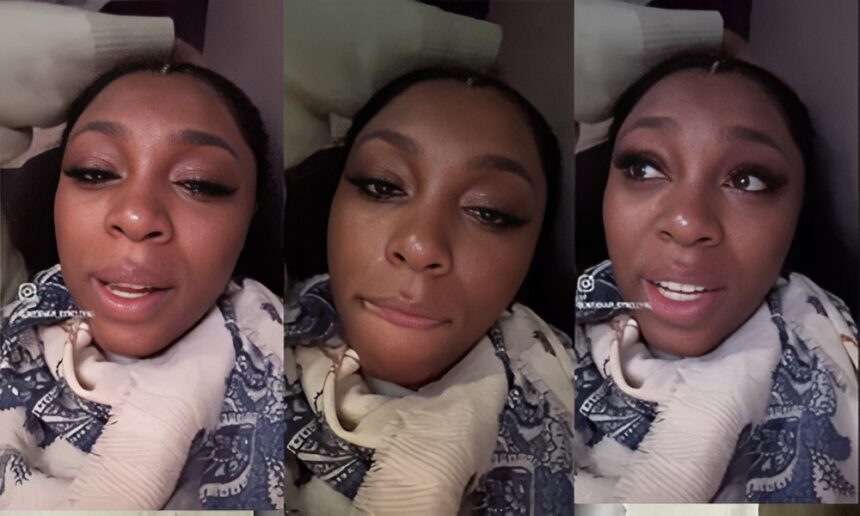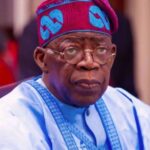A development that saw a Nigerian businesswoman denied U.S. entry has sparked debates across social media over concerns of being detained and deported from the United States, despite holding a valid visa.
The Nigerian businesswoman identified as Chinelo Ejianwu, shared a tearful video that has now gone viral, narrating how U.S. immigration officials scrutinized her social media posts and private messages, flagging them as inconsistent with her B1/B2 visa’s stated purpose.
Ejianwu, the owner of Onyx Hair by Nelly, said the development happened after she arrived U.S.
She explained that she had traveled to Houston to exhibit at a Nigerian-backed trade fair, believing her business visa covered the trip.
She said: “I was denied entrance into the US, and that is because my visa is a B1–B2 visa, which is for tourism/business meetings.
“I Was Granted a Visa To The US. Only To Be Detained For 24 hours and Denied Entry Into America after I land Just Because They Checked My Social Media Handle And Saw What I Posted There. “When I landed, I was detained for 24 hours and I was questioned. I told them I was going to exhibit but I did not know any better because the US has your data and your Instagram page.
“Apparently, my Instagram says different. They even checked all my messages with my customers. The customers I have been telling that we are coming, they can pick up, and all of that.”
Pan-Atlantic Kompass reports that the development that saw the Nigerian businesswoman denied U.S. entry is part of ongoing intensified immigration policies under U.S. President Donald Trump.
Checks revealed that Ejianwu applied for a B1/B2 visa, a non-immigrant visa that is for temporary stays, such as tourism, business only.
Individuals applying for B1/B2 Visas are required to prove no intent to immigrate and have strong ties to their home country (lìke job, family).
Activities under the B1/B2 visa only allow applicants to attend trade fairs but not engage in direct sales.
While the real reasons for the immigration officers’ decision to deny Ejianwu entry to the U.S. are unclear, it seems they uncovered posts and messages with customers suggesting she intended to engage in business activities beyond the visa’s permitted scope.
According to the U.S. Department of States, checks by Pan-Atlantic Kompass show that E-1 Trader Visa would have been more appropriate for the nature of Ejianwu’s trip as it allows for trade, including the purchasing or selling of goods and services, provided the visa holder is a citizen of a country that has a treaty of commerce and navigation with the U.S.
Recall also that the U.S. visa policies have evolved to include rigorous vetting. A 2025 policy update requires applicants to disclose social media handles, emails, and phone numbers used in the past five years.
Consular officers are now required to review applicants’ social media accounts for “hostile” intent, fraud, or visa misuse.





